I Tested Mouth Tape For a Month To Sleep Better and Sculpt My Jawline
But does the trendy treatment deliver on its claims?
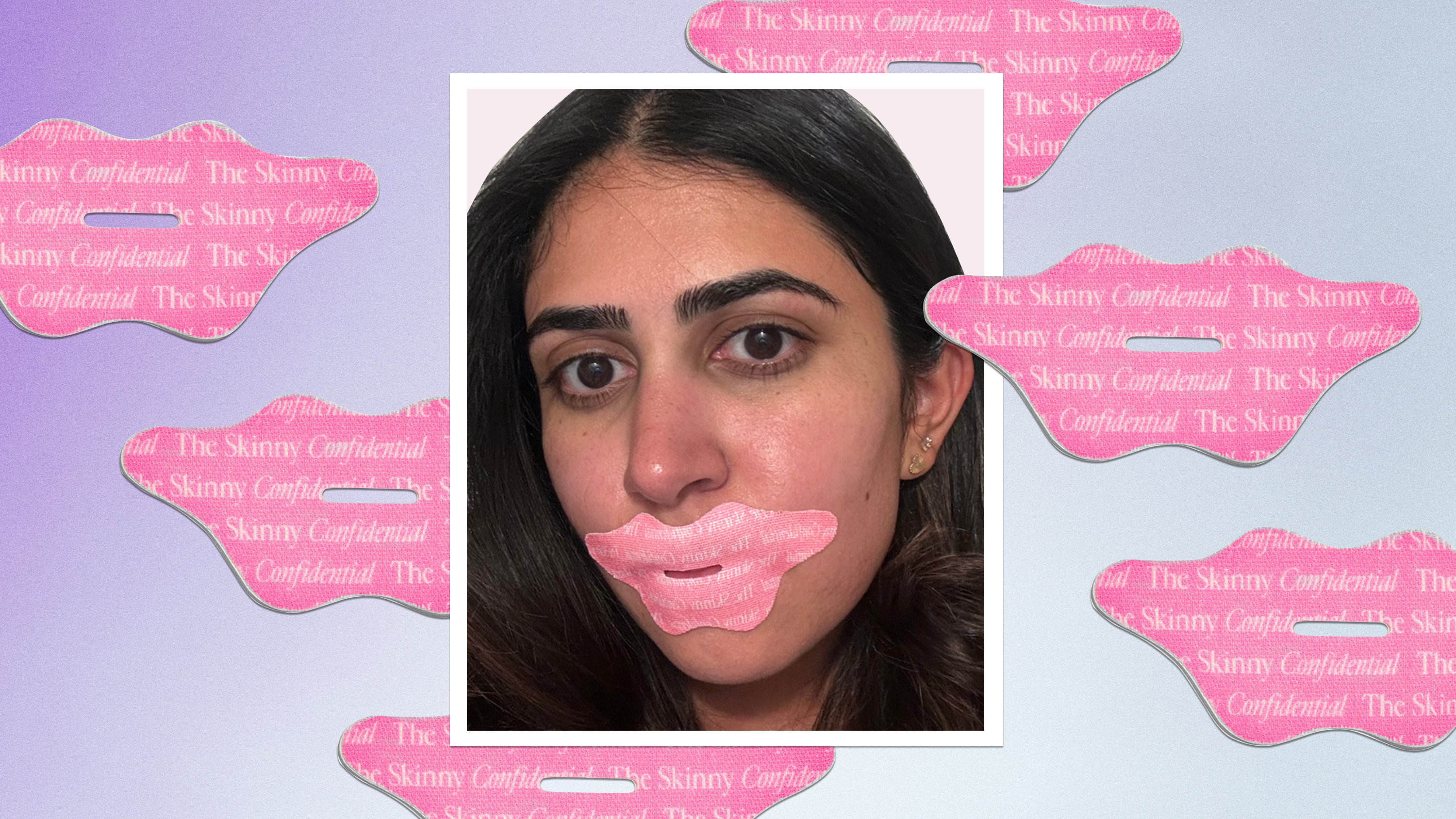
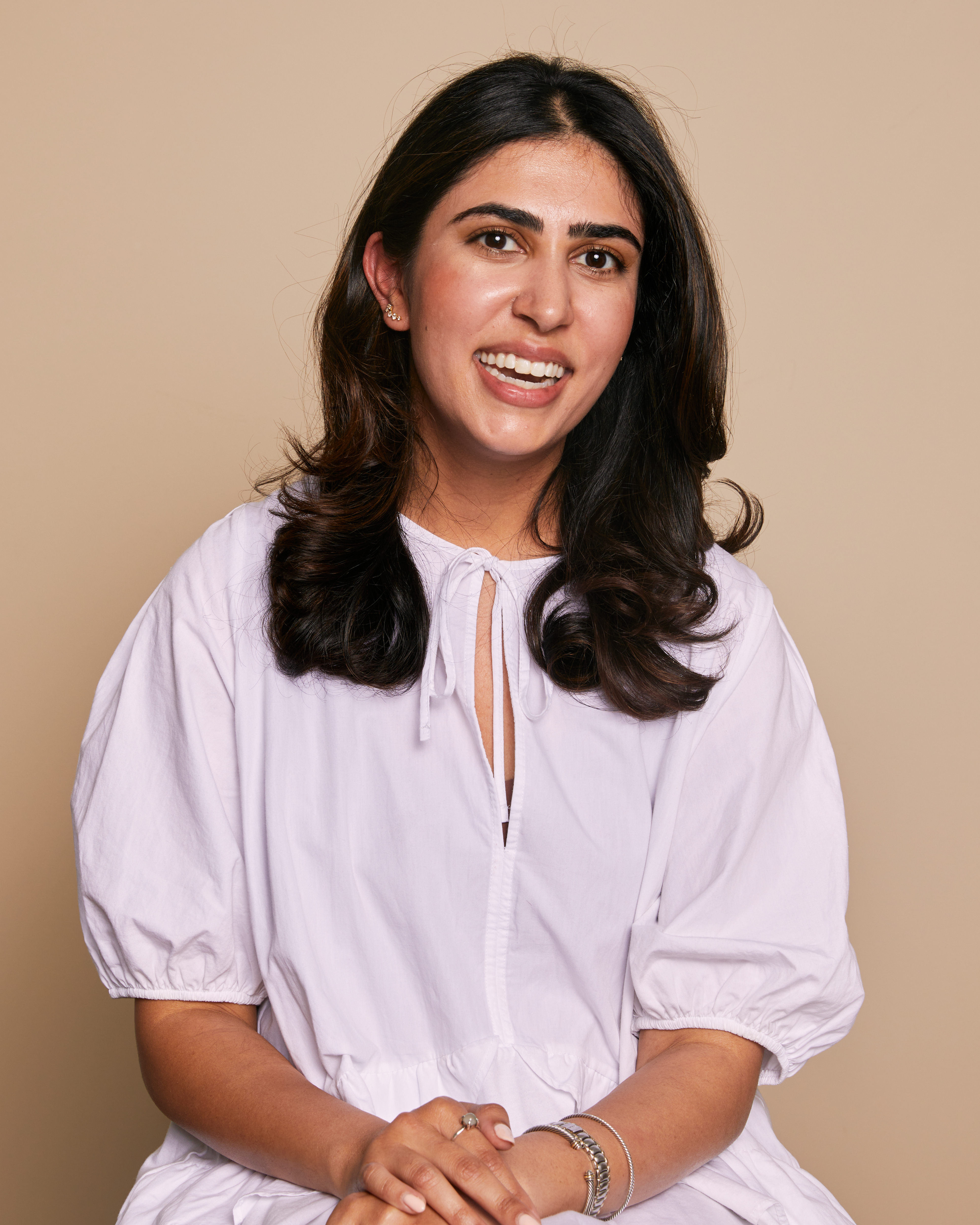
One thing about me: I never get enough sleep. Blame it on being a workaholic, my phone addiction, or staying up late to read ACOTAR, but I almost always end up in the seven hour range. While that might seem sufficient for some, my WHOOP device insists I should be clocking closer to nine hours, which feels impossible to me. So when I heard about using mouth tape for better sleep, aka the latest trend making waves in the wellness space, I was intrigued. Could mouth tape be the key to finally snagging a few extra zzz's?
As a beauty writer, my quest for “wellness" often focuses on optional extras like cupping, cold plunges, and infrared saunas, rather than prioritizing what’s been proven to matter most (and is totally free): sleep. I’m not alone in this, either. According to Gallup, Americans are sleeping less than ever before, and the quality of the sleep is similarly poor.
The sleep space, however, is booming. According to Statista, the global sleep economy was valued at about $432 billion in 2019 and is projected to reach $585 billion by the end of 2024. Products designed to help us snooze better are seemingly endless, from magnesium powders and red light therapy devices to silk eye masks and alarm clocks that simulate the sunrise—not to mention high-tech beds that regulate your sleep temperature, sometimes even adjusting it separately for your partner. It makes sense that mouth taping is now joining the (slumber) party. In fact Spate reports that mouth tape is seeing a 445.5% year-over-year growth in TikTok views this year, with an average of 10.7 million weekly views.
To separate fact from hype, I spoke with industry experts to find out whether mouth tape is safe to use and worth trying. Then I spent a month testing it myself to see if the practice delivers on its promises, particularly better, deeper sleep.
What Is Mouth Tape?
The practice of mouth taping has actually been around for a while, but it’s recently gained traction on social media, with everyone from wellness influencers and podcasters to the cast of Love is Blind touting its benefits.
According to cosmetic dentist Joyce Kahng, DDS, mouth tape is a small piece of adhesive designed to cover the lips, either fully or as a strip across the center. The goal is to promote nose breathing for better, deeper sleep. “I personally use mouth tape every night and highly recommend it,” she says. If you’re wondering why there’s so much excitement around it, she explains that mouth taping encourages a lip seal, which promotes nasal breathing instead of mouth breathing. "Nasal breathing delivers higher-quality oxygen to the brain and body, improving overall health.” And the purposed benefits are, admittedly, pretty intriguing.
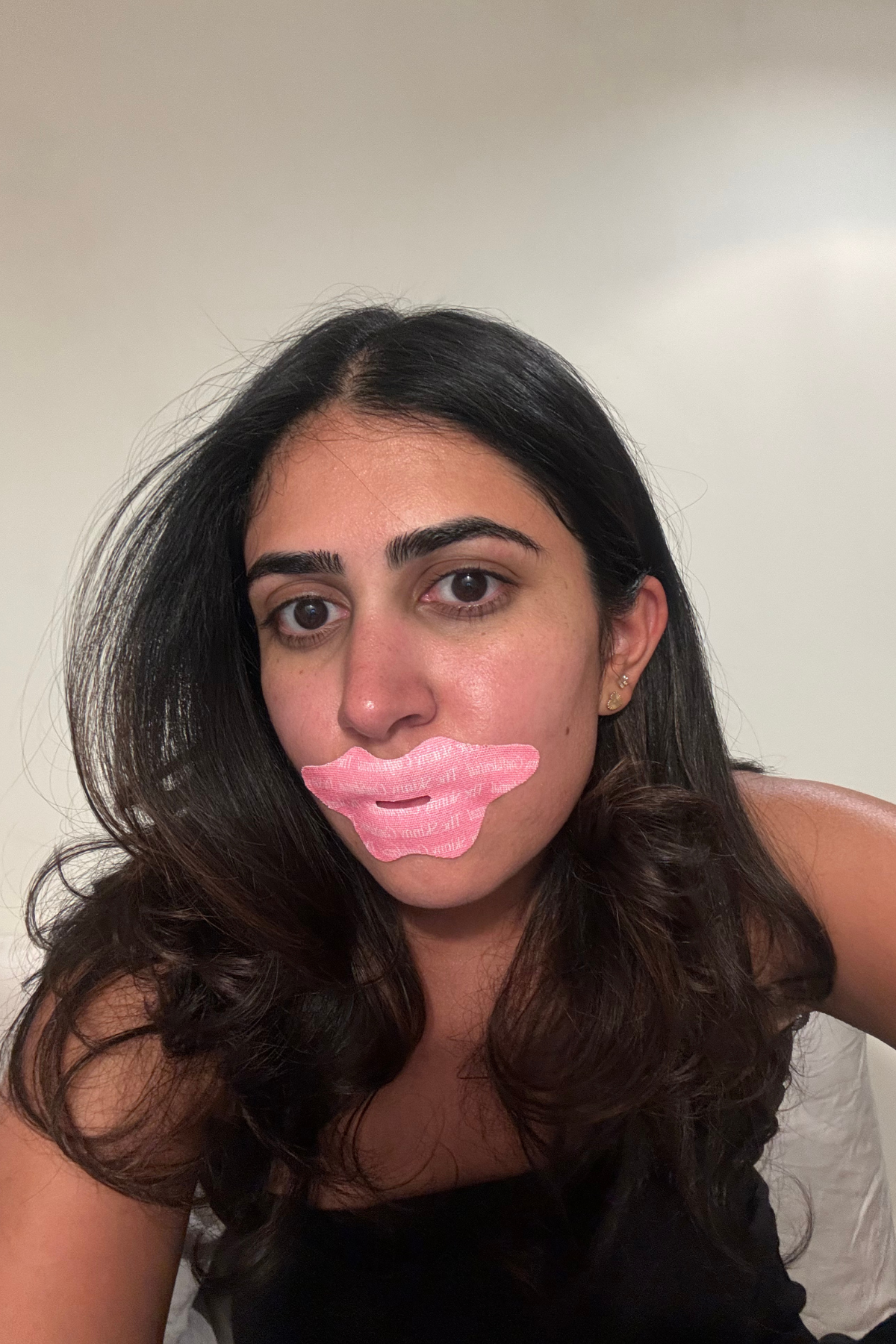
The Skinny Confidential mouth tape is perfect for selfies.
Can Mouth Tape Improve Your Sleep?
If you're struggling to sleep more and achieve better quality sleep, mouth tape may be able to help. According to orthodontist Erin Fraundorf, DMD, MS, it is significantly better to breathe through your nose than your mouth, particularly during sleep, which is how mouth taping can play a pivotal role. “When switching from mouth to nasal breathing during sleep, many people see significant improvements in restorative sleep and decreases in sleep disturbances."
Stay In The Know
Get exclusive access to fashion and beauty trends, hot-off-the-press celebrity news, and more.
If improving your sleep is constantly on the back burner of concerns, Dr. Fraundorf stresses that, “inadequate sleep is associated with a wide range of health issues, including high blood pressure, cardiovascular disease, dementia, diabetes, weight gain, and mental health conditions like depression. Therefore, improving your sleep should, in theory, help work against these conditions.” Essentially, quality sleep should always be a priority, even if it means (safely) taping your mouth.
Plus, mouth tape may be able to help if you snore. Otolaryngologist Daniel Z. Farishta, MD, explains that, “Snoring is caused by obstruction at various levels in the airway—one of which is the nasal passage. Once the obstruction resolves, snoring also improves." He adds that mouth breathing can exacerbate snoring, so by taping the mouth closed and encouraging nasal breathing, snoring should improve. (So perhaps your partner will also get better sleep when you try out mouth taping.) However, Dr. Fraundorf cautions, “It's challenging to make a blanket statement about the effectiveness of mouth taping for snoring, as individual cases and the causes of snoring vary." She adds that while some clinical studies suggest that mouth taping can reduce snoring, particularly for those who snore due to mouth breathing, the research remains limited.
What Are Other Benefits of Mouth Tape?
Mouth tape is particularly beneficial for dental health. Breathing through your mouth during sleep dries it out, reducing saliva flow. “Saliva is essential for remineralizing enamel and keeping teeth healthy,” Dr. Kahng notes. Without adequate saliva, people are more prone to cavities and other oral health issues. “So, in addition to promoting proper breathing, mouth taping helps protect teeth by preventing dryness and supporting saliva production," she says.
Some users also claim that mouth tape can improve your jawline. For instance, many people reference “mewing,” the practice of pressing your tongue to the roof of your mouth to potentially change facial structure or enhance the jawline. Mouth taping can allegedly encourage this while you sleep—at least according to some advocates on social media. “While there’s some truth to this, mouth taping alone won’t drastically alter facial features,” says Dr. Kahng. “Proper tongue posture and a closed-lip posture can support good oral health and facial development, but these practices need to begin early in life to have a noticeable effect.” Unfortunately the impact on your jawline contour is minimal, she explains.
There’s also a common misconception that simply sealing your lips solves all sleep-related issues. “Mouth taping isn’t a cure-all,” Dr. Kahng cautions. “If you have airway issues or sleep apnea, taping won’t address the underlying problems." She adds that it’s crucial to consult with a dentist or healthcare professional before starting mouth taping to ensure it’s appropriate for you.
That said, while mouth taping isn’t scientifically proven to deliver dramatic changes, the placebo effect can still potentially make a positive impact. Influencer Lauryn Bosstick, who recently launched her own brand of mouth tape, shares her experience: “After a few weeks of mouth taping, my energy was through the roof. After two months, I noticed the biggest difference in my face. My jaw was stronger and more defined, the whites of my eyes were brighter, and I wasn’t thirsty in the morning. I felt incredible. And the sleep? Crème de la crème.” Basically, if you feel like you see results, the treatment may be worth keeping in your nighttime routine.
Is Mouth Tape Dangerous?
As with any wellness modality, it's always wise to check with the pros if you're nervous about using mouth tape or unsure of how to start. “Mouth taping isn’t inherently dangerous, but it’s not recommended without consulting a dentist first,” says Dr. Kahng. If you’ve seen viral clips online of someone clearly struggling to breathe while taping their mouth shut, know this: “Mouth taping is meant to promote a natural lip seal, not force the lips to stay closed at all costs,” she says, adding that if you already have an airway issue, such as sleep apnea, mouth taping won’t address the root problem and could potentially make it worse.
Most mouth tapes on the market are lightweight, thin, and breathable—they’re not designed to seal the lips shut with excessive force. Many even feature small holes or come in thin strips to allow for some airflow. “If you’re worried, you can always remove the tape in the middle of the night if you feel discomfort,” says Dr. Kahng.
Allergic reactions to adhesive can occur, which is why it’s crucial to choose a reliable brand—avoid questionable mouth tapes from random websites. Even when purchasing from third party sellers, you may not know the exact adhesive used, which can increase the risk of allergic reactions. If you’re concerned, opt for products specifically designed for sensitive skin or those that clearly disclose their materials. “Stick to a gentle tape, like surgical or athletic tape. Nothing harsh or difficult to remove, like duct tape. The tape should adhere securely but come off effortlessly,” says Dr. Fraundorf.
If it’s your first time using mouth tape, Dr. Fraundorf recommends easing into the practice by starting with short intervals during the day. “Begin by placing the tape over your mouth for about 10 minutes, then gradually increase by 10 minutes each day for about a week. Once you feel comfortable, you can try using mouth tape while you sleep.” Remember that the goal of mouth taping isn’t to seal your lips shut—it’s to gently encourage your muscles to relax and promote nasal breathing.
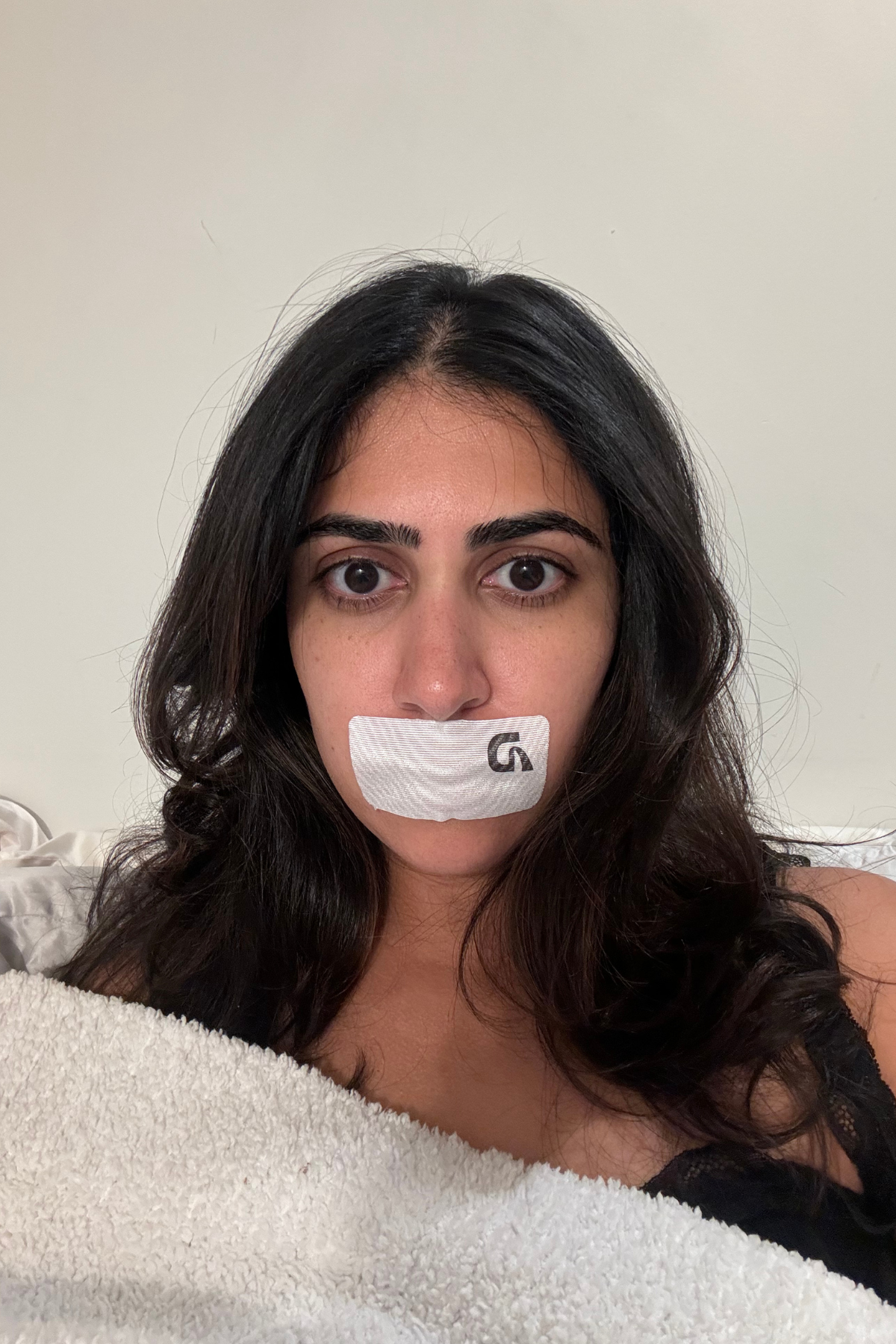
Starting my journey off with Dream Tape.
My Mouth Taping Review
I initially started this experiment to improve my sleep patterns, but there was also a vanity component to it, as I’d heard the myth that mouth tape could alter your face shape. I’m a self-proclaimed mouth breather, but apparently, that’s an ick these days and I’ll do anything to stay desirable, so I set out on for a month of testing different mouth tape options.
The first tape I tried didn’t have any holes for airflow, which felt a bit claustrophobic but I eventually got used to it. Some mouth tapes I tried were shaped like pink lips and others in an H shape that could be applied horizontally or vertically, offering more airflow (my personal preference). All the tapes I tested stayed on throughout the night and didn’t cause any allergic reactions.
My main issue with mouth taping is that I usually wait until I’m profusely yawning to go to bed, and placing the tape on at that point felt uncomfortable. It was as if one big yawn could rip the tape right off. I also kept waking up thirsty in the middle of the night—probably more due to my chronic dehydration than the tape itself.
Something else that concerned me was whether the tape might cause wrinkles around the mouth area. According to board-certified dermatologist Nazanin Saedi, MD, “Repetitive pulling, picking, or tugging at your skin is not great—it can make lines and wrinkles more prominent over time.” She also warns that picking at your skin to peel off the tape can cause inflammation or hyperpigmentation. Acne-prone and oily skin types should also proceed with caution, as the adhesive may trigger breakouts. However, I didn’t experience any during my time using it, so it likely just depends on your skin.
Another downside? I couldn’t apply my beloved lip sleeping mask (the tape wouldn’t stick on top), so I’d wake up with dry lips. On days when I didn’t hydrate them properly before bed, the tape caused my lips to peel.
So, did I notice a dramatic difference after a month of mouth taping? Honestly, not really. According to my WHOOP device, I did spend slightly more time in REM sleep some nights, so I’ll take that as a win. But my face still needs a good gua sha session every morning to sculpt my face, and I’ve yet to inspire any buccal fat removal rumors with my jawline. I guess I’m still waiting for the mouth tape magic to kick in.
Shop Mouth Tape for Better Sleep
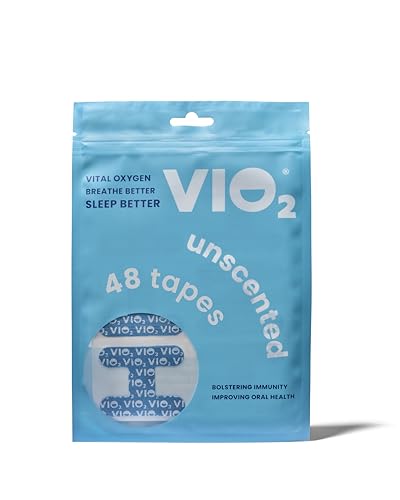
This mouth tape features an H-shaped design that can be applied in two different positions on the lips, making it an excellent choice for first-timers looking to give mouth taping a try.
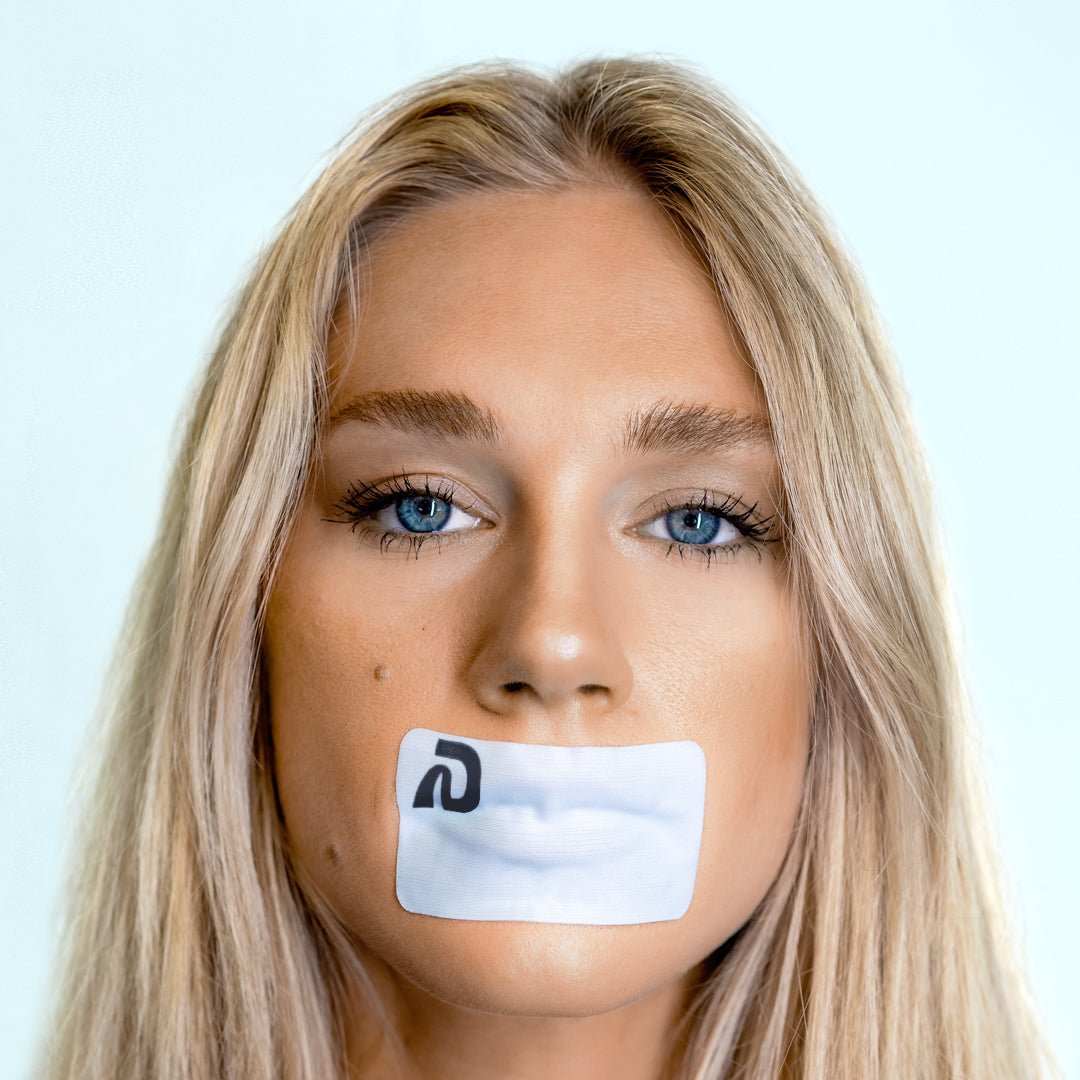
Made from organic bamboo silk, this hypoallergenic mouth tape comes in a rectangular design without an air hole, making it a bit more intense than some of the other options I tried. However, it stays firmly in place throughout the night and fits comfortably on most lip sizes.
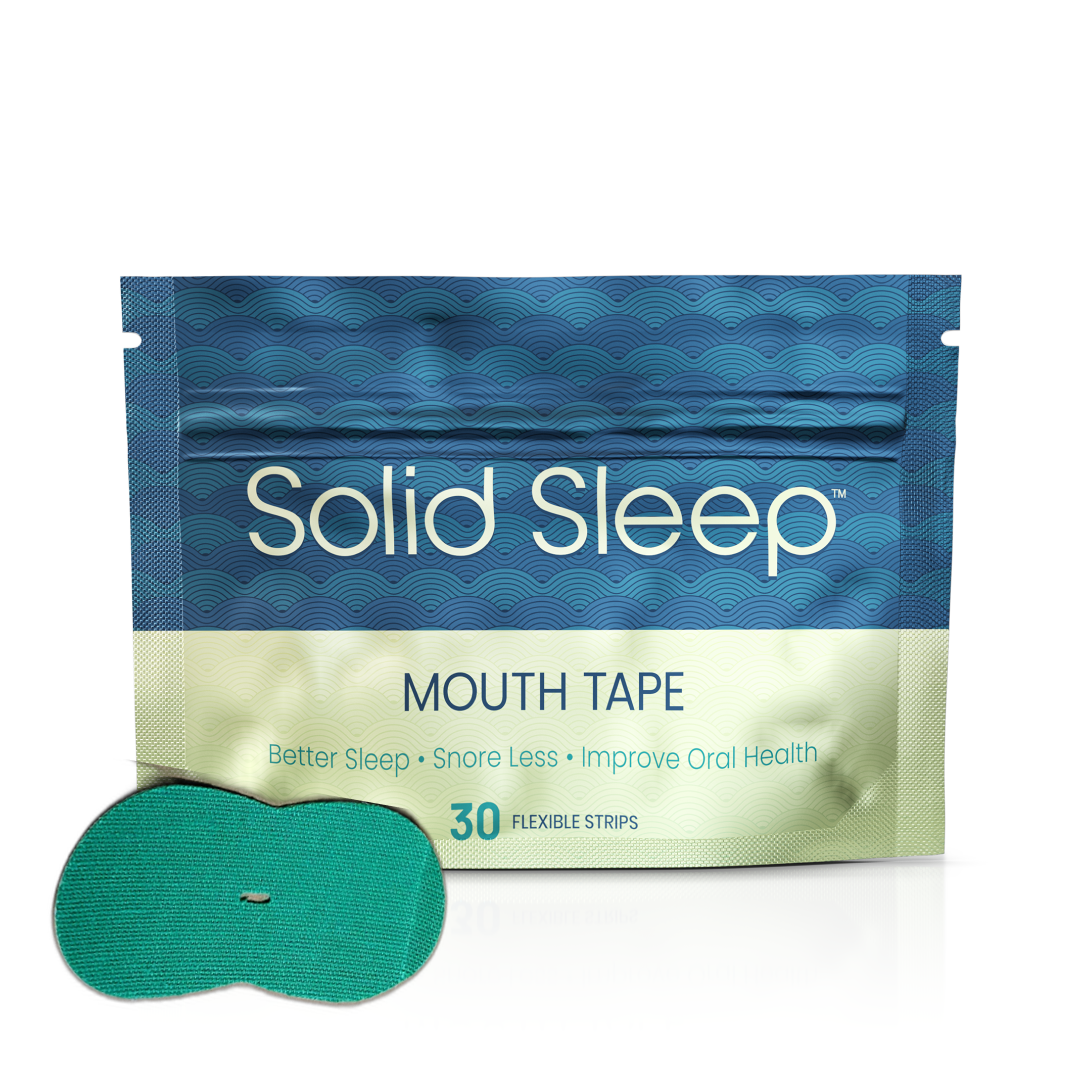
Dr. Kahng recommends this brand as her go-to. “Their tape fully covers the lips but includes a small hole in the center, allowing for some airflow if needed, which makes it feel less suffocating.”
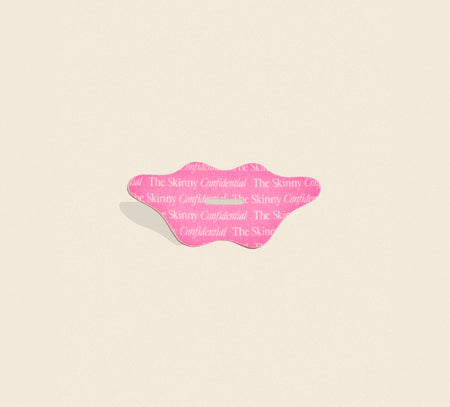
Shaped like a cute pink lip, this non-toxic, hypoallergenic adhesive tape truly puts the beauty in beauty sleep. Featuring a hole in the center for airflow, or for those who like to take sips of water throughout the night, it’s both functional and stylish. It was sold out for two months and amassed a waitlist of over 10,000—so grab it now while it’s still available.
Meet the Experts

Dr. Joyce Kahng is a cosmetic and restorative dentist as well as the owner of Orange + Magnolia Dental Studio.
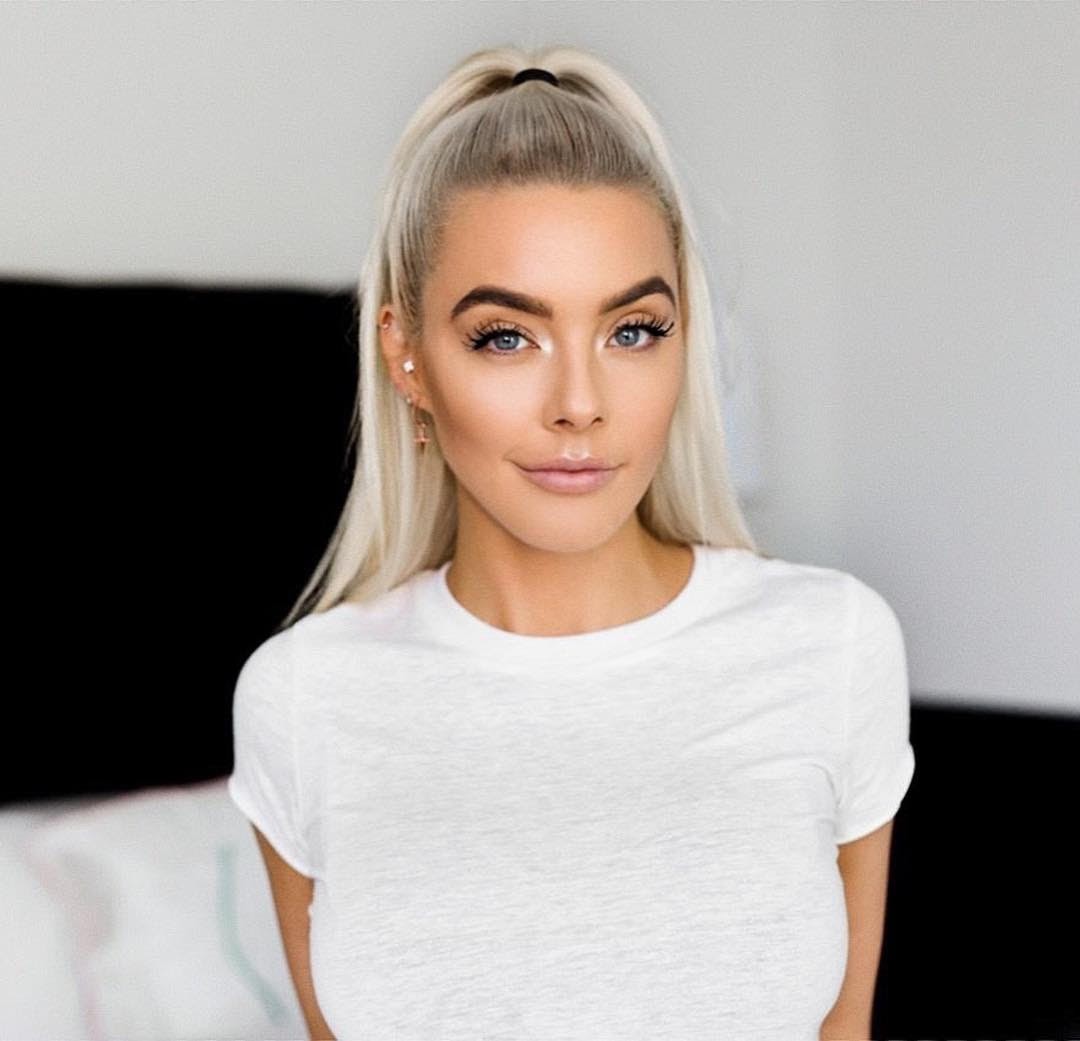
Lauryn Bosstick is a multi-hyphenate entrepreneur, podcaster, investor, best-selling author, and creator behind wellness + beauty brand The Skinny Confidential.

Dr. Erin Fraundorf is the owner of BOCA Orthodontic & Whitening Studio, an office that specializes in aligning, brightening, and contouring smiles. Dr. Erin is classically trained as a specialist in orthodontics and dentofacial orthopedics, working with each patient to create a unique treatment plan that best fits individual lifestyles and desires.

Dr. Nazanin Saedi is a board-certified dermatologist and clinical associate professor at Thomas Jefferson University.
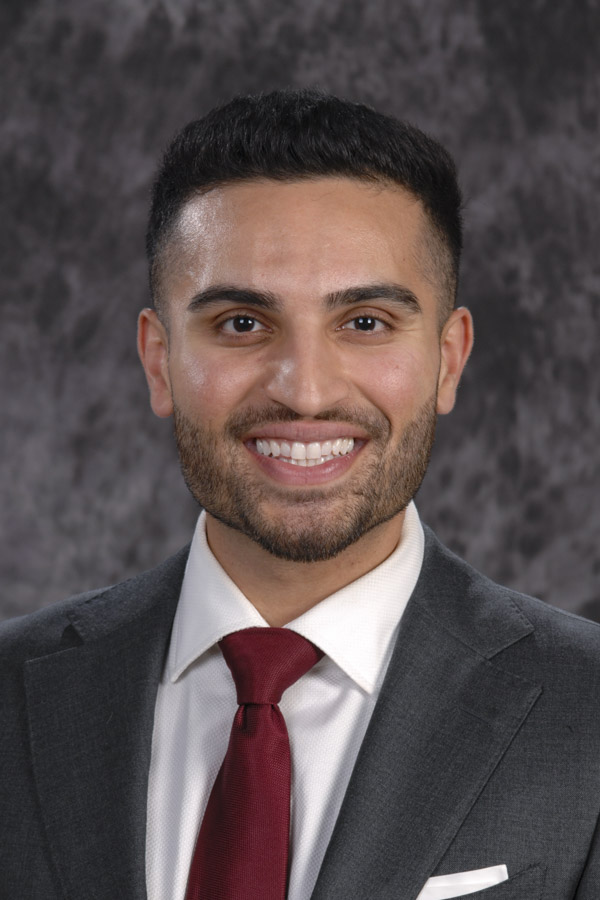
Dr. Daniel Z. Farishta is a otolaryngologist and facial plastic surgery fellow based in Houston, Texas.

Iman Balagam is a New York-based freelance writer with several years of experience covering the beauty industry. Balagam's writing has been featured in editorial outlets like Cosmopolitan, Teen Vogue, Byrdie, and Harper's Bazaar.
-
 In 'Sinners,' Music From the Past Liberates Us From the Present
In 'Sinners,' Music From the Past Liberates Us From the PresentIn its musical moments, Ryan Coogler's vampire blockbuster makes a powerful statement about Black culture, ancestry, and art.
By Quinci LeGardye
-
 Kendall Jenner Has the Last Word on the Best Travel Shoes
Kendall Jenner Has the Last Word on the Best Travel ShoesLeave your ballet flats in your checked bag.
By Halie LeSavage
-
 Prince Harry Gave Nephew Prince Louis an Extremely Rare Five-Figure Gift for His Christening
Prince Harry Gave Nephew Prince Louis an Extremely Rare Five-Figure Gift for His ChristeningUncle Harry for the gifting win.
By Kristin Contino
-
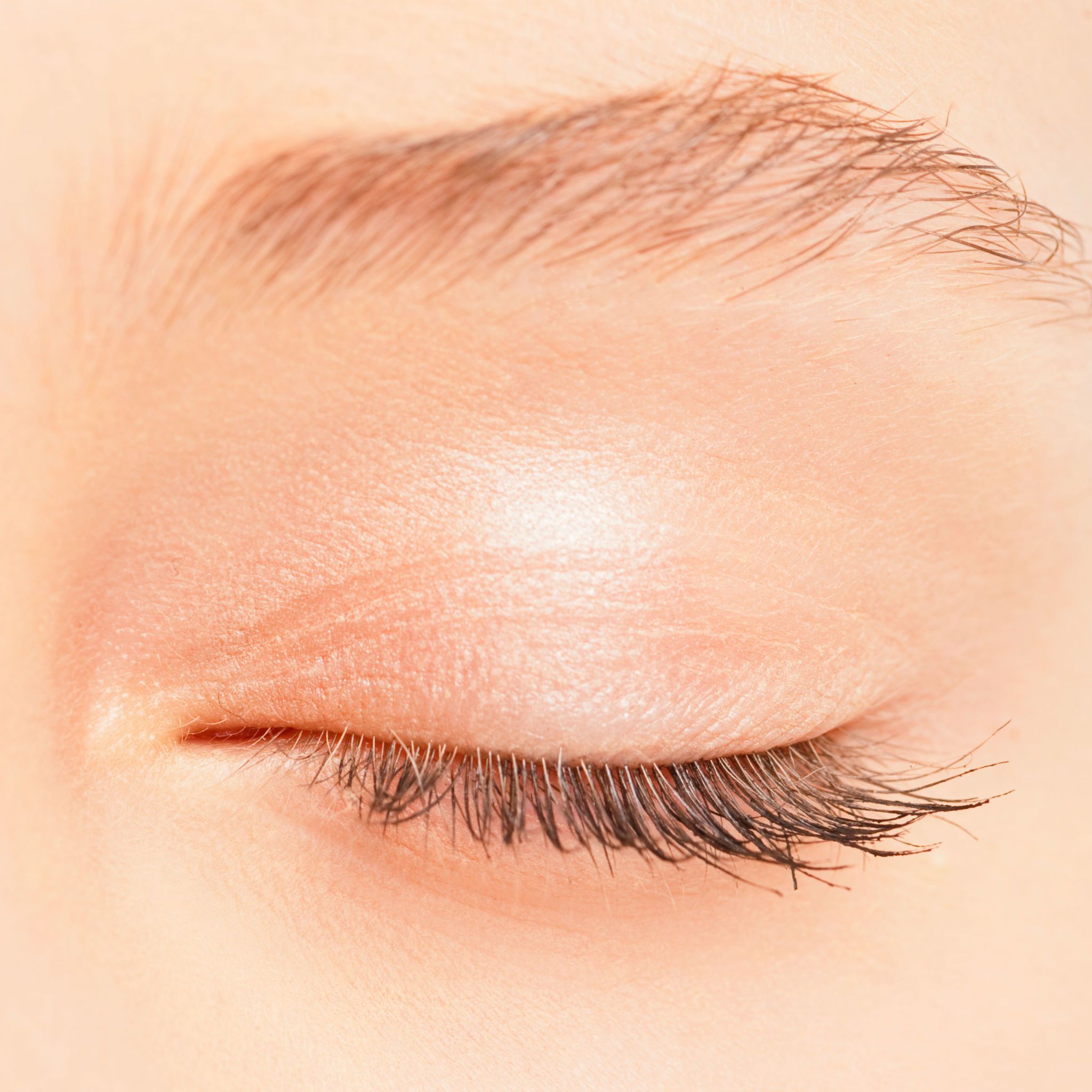 9 Ways to Wake Up Prettier Than You Went to Sleep
9 Ways to Wake Up Prettier Than You Went to SleepFeatures We do love a good multi-task.
By Lauren Valenti
-
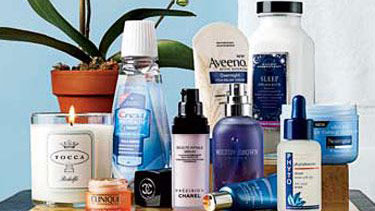 Sleeping Beauties
Sleeping BeautiesBuying Guide Make the most of your beauty sleep with these practical picks for p.m. pampering.
By Lizzie Dunlap
-
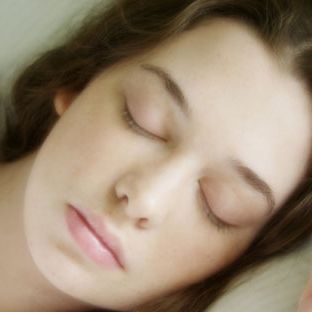 The Best Rest List
The Best Rest ListBest Rest List: Follow this bedroom routine and wake up better-looking!
By Ning Chao